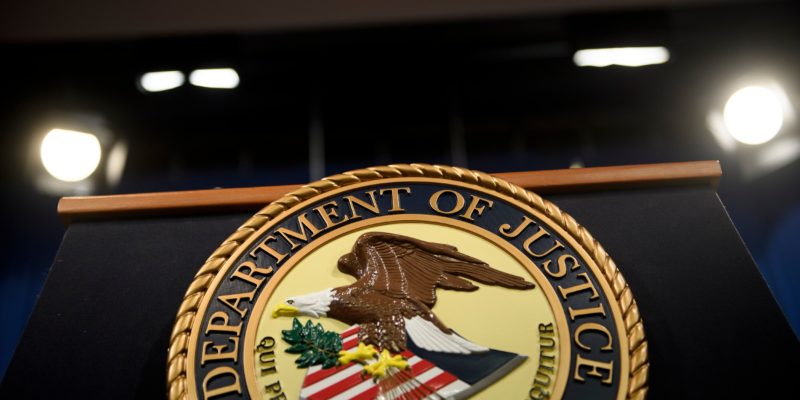The takeaways
- The U.S. Department of Justice has proposed the limitation of Section 230, legislation protecting tech platforms from liability for third-party content.
- Section 230 has been the subject of bipartisan debate on issues regarding freedom of speech, content moderation, and bias.
- Lawmakers are expected to submit the proposal to Congress to pass into law.
What happened?
On Wednesday, the U.S. Department of Justice proposed rolling back broad legal protections for online platforms like Facebook, Google and Twitter over user-published content. The move follows President Donald Trump’s executive order against major social media and technology companies, whom he has accused of promoting an “anti-conservative” agenda.
The Justice Department’s proposal targets Section 230 of the Communications Decency Act. It was passed in 1996 to create a legal shield against liability for social media networks, internet service providers and streaming platforms for hosting third-party content on their platforms. The proposal aims to erode Section 230’s powers by removing legal immunity for content involving child exploitation, the sale of illegal drugs, terrorism and cyberstalking.
The justice department also plans to force platforms to adopt higher content moderation standards and remove defenses against content removal-related antitrust claims. The proposal requires lawmakers to submit it to Congress for approval as law.
Why Section 230?
Growing political criticism over Section 230 led to the introduction of the bipartisan EARN It Act on March 5, which would incentivize tech companies to address content that sexually exploited children. Complaints by Trump and Republicans that Facebook, Google, and Twitter have censored their views have long cited legal issues, while Trump’s Democratic rival Joe Biden also endorses repealing the legislation.
Trump issued the order in May after Twitter applied warnings and fact-checking labels to some of his tweets. Shortly afterwards, it was reported that four Republican U.S. senators had urged the Federal Communications Commission (FCC) to review Section 230, based on its interpretation of “good faith”, and “clearly define the criteria for which companies can receive protections under the statute.”
The executive order itself met with immediate resistance and has led to a lawsuit against Trump by the Center for Technology and Democracy, which promotes civil liberties as they relate to technology and the internet.









